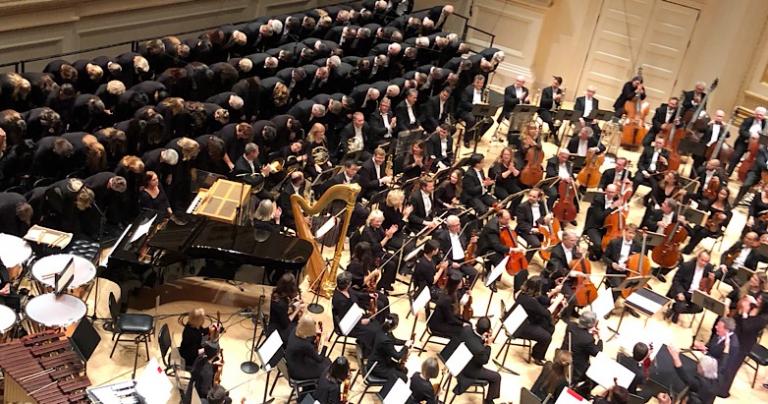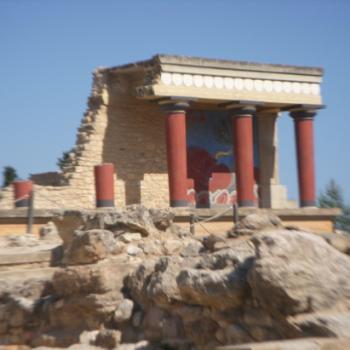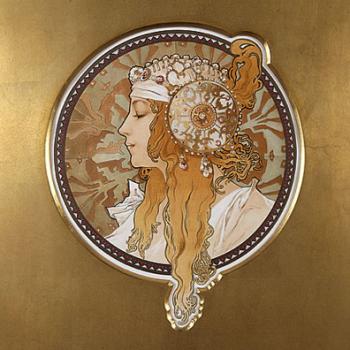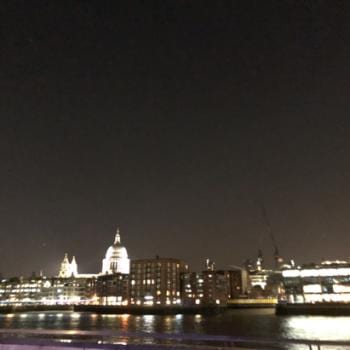 As a writer, Philip Glass is a great composer. I will try to defend this slight momentarily, but first let me glory in a splendid music of Philip Glass leaving aside the words that go with some of his music.
As a writer, Philip Glass is a great composer. I will try to defend this slight momentarily, but first let me glory in a splendid music of Philip Glass leaving aside the words that go with some of his music.
We were lucky enough to hear the Pacific Chorale and Orchestra sing and play The Passion of Ramakrishna at Carnegie Hall, a work the Chorale and Orchastra commissioned years ago on the West coast. The forty-five minutes of this piece could inspire a semester of discussion.
That’s Phillip Glass, a composer I first heard through his piano music.
I have been blessed to count Paul Barnes as a friend and this world-class pianist introduced me to the sublime beauty of the music of Glass. We have tried to have Barnes play wherever we go, because when an artist like Barnes meets Glass, there are no words only music. Glass can compose with a depth, a religious ear, an ability to pray without ceasing that never becomes vain repetition.
If you think great music is all in the past, listen to Glass. He has an ability to move me, even though his genius far outstrips my ability to understand musically. Nothing he writes, or that Barnes plays, is subject to facile or quick interpretation.
The Indian music that comes from his work with Indian artists is not made Western or appropriated, but remains whole as the Western styles that Glass also owns are also kept themselves. The East and West are whole and weave back and forth, one thinks of the double helix. East and West do not meet: they are and so we see the whole of the world. Glass has music that is thick and opaque and reminds me of Plato in being elusive. Glass defies trite interpretation.
Glass discussed his piece with the conductor and Glass showed that genius is puckish when simple theories are applied to complex musical ideas. The maestro praised the use of men and women’s voices in the oratorio by saying that religion or God transcends gender. Glass made polite noises, but said something along the lines that in his piece it was all Mother.
Just so.
Glass brings a wonderful Eastern sensibility to us and I was educated. Every Christian can pause and learn from other faith traditions, even if we end up saying: “No.” We cannot (as this Glass piece says) let go of the truth. Yet there is much we have in common that can be the focus rather than where we have disagreements. Glass draws out these common human themes splendidly. The beauty of the sacrifice of the master teacher transcends the particulars of the theology. As a man who has recently seen a mentor die and another grow very ill, this was painful, but true.
Yet Glass has a limit, or so it seemed to me. The lyrics were projected over the stage and they were . . . Not good. If they were translations of something beautiful, then the translation did not serve the source well. If they were original to Glass, they did not serve his music well. I stopped reading in the end and kept listening. The truth was in the sound, the words were distracting. I kept wishing they were not there.
This was good for me and I suspect good for many Anglo academics. We tell, but sometimes we must feel. There is a truth that we experience that makes the reality we have seen indubitable. Plato says this in Republic, but this is too often forgotten. Faith begins in the experience of reality and then is rational. We use reason to see, then we see, and only then do we know.
We had purchased tickets to this performance the minute we heard our dear friends, Randall and Kathleen Gremillion, were performing only to have the delightful surprise that we would see Glass and hear his work. It was a sublime evening and I am thankful to live in a time where such talented people interpret a genius.
Listen to Glass.












